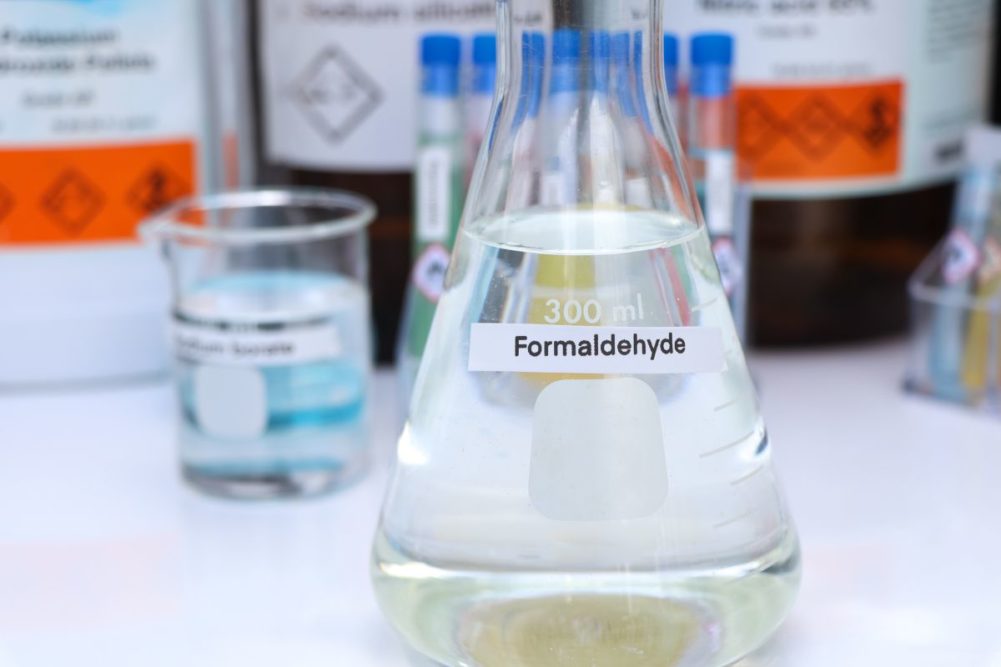ARLINGTON, VIRGINIA, US — The American Feed Industry Association (AFIA) said it has “strong concerns” with a draft risk evaluation of formaldehyde, including the suggested workplace limits issued by the Environmental Protection Agency (EPA).
The EPA issued a draft risk evaluation on March 15 under the Toxic Substances Control Act for public comment and peer review.
Formaldehyde has been used in the US animal food industry for more than 40 years through automated equipment that minimizes employee exposure as an effective way to control food safety pathogens in food, said Leah Wilkinson, vice president of public policy and education at the AFIA.
“There is also emerging research that shows that formaldehyde may be a very effective tool to mitigate the African swine fever (ASF) virus, should this foreign animal disease enter the heartland, but not if that tool is taken away from the animal food industry,” she said. “The US animal food industry must have access to this safe and effective tool.”
The AFIA has been working closely with other animal agriculture groups and the American Chemistry Council (ACC) to oppose EPA’s efforts to further regulate formaldehyde.
The ACC’s Formaldehyde Panel said EPA’s peer review on formaldehyde has been limited and is insufficient to meet the scientific standards for a TSCA risk evaluation.
“There are dozens of peer-reviewed publications that support the safe use of formaldehyde at current regulatory levels,” the panel said.
The EPA’s suggested workplace limits are unworkable and ignore practices that are already in place to protect workers, including the use of personal protective equipment, the panel said. They are 30 times below the recently updated European Union occupational limits of 300 parts per billion, lower than levels that can be detected, and below levels measured in ambient urban air and US residences.
The panel said any assessment of formaldehyde must begin with the best available science and the fact that formaldehyde is an ever-present part of the natural world.
The AFIA said it will continue to work with industry partners to oppose the EPA’s current path concerning the review of formaldehyde.





